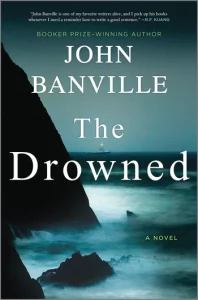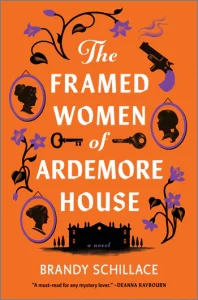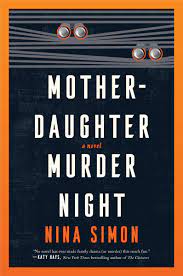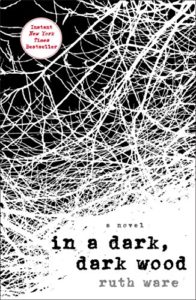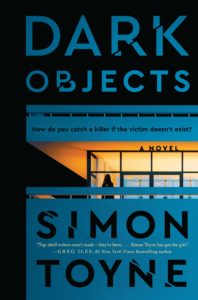★★★
Eve Sylvester thinks that after meeting her lover’s family in Australia she’s going to be sailing around the world with the man of her dreams. Then a tragic accident turns her life inside out. It leaves her disoriented, broke, alone, basically friendless and this shocking development makes her feel nothing good can ever happen to her again.
The tide seems to turn though, dramatically. Despite being completely unqualified, she’s offered a job as a nanny and ends up on a small island off the coast of Tasmania employed by a very wealthy young couple of shipping magnates. As you’d expect from the title, the job that seems to be too good to be true turns out to be a nightmare.
Complete with a Mrs. Danvers figure, this is another update of the popular Gothic formula dating back to Ann Radcliffe: a damsel in distress has to navigate the mysteries of a remote castle or mansion. In this case, the dwelling comes with a lovely summerhouse. And a yacht.
While you expect twists and turns in a novel of suspense like No One Will Know, except for the very last one they’re undercut because the heroine is so clueless and naive. At pretty much every turn, Eve misreads people and situations, and finds herself trapped in misery, lies, threatened with mortal danger. Most surprising of all, though, is that Eve makes an almost catastrophic mistake when taking a boat out to sea even though she’s supposed to be a fairly seasoned sailor.
Right after that, the book’s momentum takes a massive hit. The structure changes radically: we switch point of view to someone far less interesting than Eve and plunge into some very long flashbacks. A secret that has been lurking at the edge of the narrative is explained and it’s not dramatic enough. But that’s just the appetizer for a bigger, more horrible secret that reveals just how despicable and sociopathic the people around Eve really are. Not quite the gang in Rosemary’s Baby, but close enough.
The author is at her best when she describes the forlorn island and the waters around it, and when she writes about the powerful bond between mothers and their babies. In the end, this novel is both horrifying and heart-warming, and that’s not an easy mix to pull off.
Lev Raphael reviewed crime fiction at The Detroit Free Press for many years. He has taught mystery and suspense fiction at Michigan State University and mystery writing at numerous writers’ conferences. His suspense novel Assault With a Deadly Lie was a Midwest Book Award nominee.


